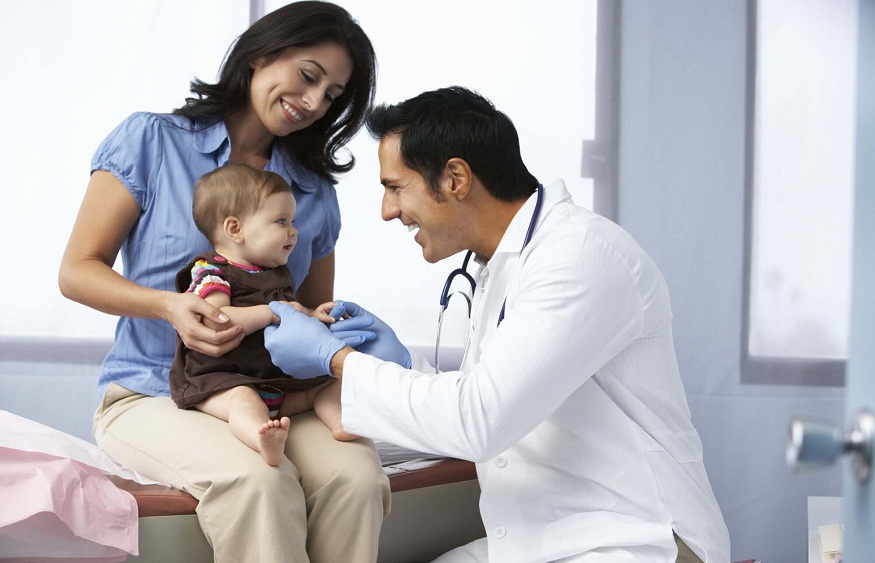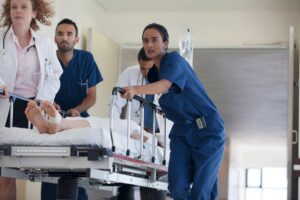
Obstetricians And Gynecologists: Critical Players In The Fight Against St Ds
Welcome to a critical discussion about Obstetricians and Gynecologists. They are key players in fighting against sexually transmitted diseases. For instance, consider the obstetrics Miami scene, where the fight against STDs is an ongoing battle. The role these specialists play is undeniably vital in every community. In the paragraphs to follow, we will dive into the specifics of this important role. We will understand the how and why of it. We will also examine the unique challenges and successes of the obstetrics field in Miami.
Obstetricians and Gynecologists, often referred to as OB-GYNs, are doctors who specialize in women’s health. They have the knowledge and skills to diagnose and treat a wide range of diseases, including STDs.
Understanding STDs
Sexually Transmitted Diseases, STDs, pass from person to person via sexual contact. STDs are a serious health issue. They can cause long-term health problems if not treated promptly. According to the Centers for Disease Control and Prevention (CDC), the United States sees about 20 million new cases of STDs every year. OB-GYNs are at the forefront of detecting and treating these diseases.
The Role of OB-GYNs in Fighting STDs
OB-GYNs play a critical role in the fight against STDs in several ways:
- They perform regular screenings to detect STDs early. Early detection is key to effective treatment.
- They provide treatment options for diagnosed STDs. This may include antibiotics or other medications.
- They educate patients about STD prevention and safe sexual practices.
The Fight Against STDs in Miami
In Miami, OB-GYNs face the challenge of a high STD rate. They work tirelessly to combat this through education, screening, and treatment. Successful outcomes in Miami’s fight against STDs can serve as a model for other regions.
Conclusion
OB-GYNs play a critical role in our healthcare system, particularly in the fight against STDs. Whether in Miami or any other city, their work is essential in keeping communities healthy and informed. By understanding their role, we can better appreciate the valuable work they do and the importance of regular check-ups for early detection and treatment of STDs.


